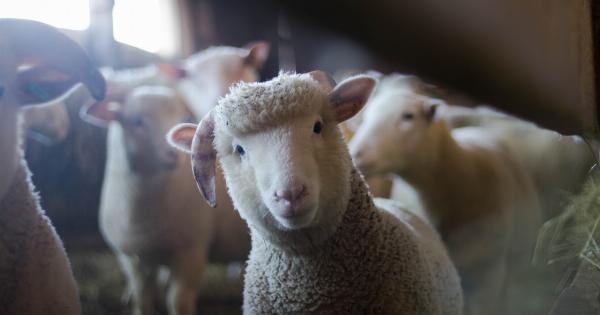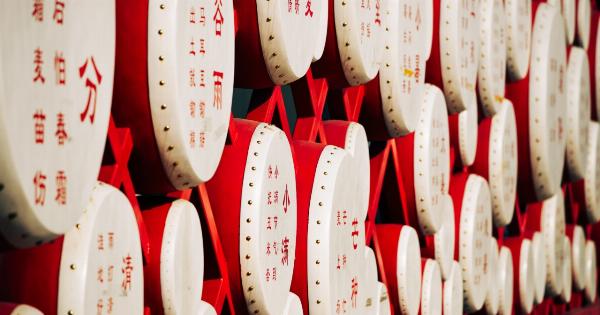Lagana is a traditional Greek bread that is commonly enjoyed during the religious holiday of Clean Monday, which marks the beginning of Lent. With a history dating back centuries, this flatbread holds cultural significance and boasts a unique flavor.
Let’s delve into the rich history and delicious taste of lagana.
The Origins of Lagana
The origins of lagana can be traced back to ancient Greece, where it was an essential part of the ancient Greek diet.
The word “lagana” itself is derived from the Greek word “láganon,” which refers to a type of unleavened flatbread. This early version of lagana was made with barley or wheat flour, water, and salt, and it was often baked in outdoor mud ovens.
Lagana and Clean Monday
Clean Monday, also known as Kathara Deftera, is an important day in the Greek Orthodox Church. It falls seven weeks before Easter and marks the start of the 40-day Lenten period of fasting and reflection.
On Clean Monday, believers refrain from consuming meat, dairy products, and eggs, and instead, opt for a vegan diet. Lagana is a staple of the Clean Monday menu and signifies the farewell to rich, indulgent foods before the start of Lent.
The Traditional Lagana Recipe
The traditional recipe for lagana has evolved over time but still maintains its simplicity. Modern variations often include yeast for a lighter texture. The key ingredients of lagana include flour, water, yeast, olive oil, salt, and sesame seeds.
The dough is prepared by combining all the ingredients, allowing it to rise, and then rolling it out into a rectangular shape. The surface of the bread is then dimpled and sprinkled with sesame seeds before being baked until golden brown.
Regional Variations
While lagana is a popular choice nationwide during Clean Monday, regional variations can be found throughout Greece. In some areas, local herbs such as rosemary or oregano are added to the dough, giving the bread a distinct flavor.
In other regions, different toppings such as onion, olives, or sun-dried tomatoes are incorporated. These regional variations highlight the diverse culinary traditions within Greece.
The Symbolism of Lagana
Lagana holds special symbolism during the Clean Monday festivities. The dimples made on the surface of the bread are said to represent the sins and imperfections that individuals seek to leave behind during the Lenten season.
Furthermore, the sesame seeds symbolize the hope for abundance and prosperity in the year ahead.
Lagana and Local Festivals
Aside from Clean Monday, lagana is also celebrated at various local festivals throughout Greece. These festivals often include traditional dancing, music, and food, with lagana taking center stage.
Local bakeries compete to produce the best lagana, enticing visitors with their variations, and adding to the festive atmosphere.
Enjoying Lagana beyond Clean Monday
While traditionally associated with Clean Monday, lagana’s delicious flavor and versatile nature make it a popular choice year-round. It can be enjoyed on its own, served alongside soups and stews, or even used as a base for sandwiches.
The simplicity of lagana’s ingredients and preparation also make it an excellent homemade bread option for novice bakers.
Preserving the Tradition
Despite modern advancements and changing dietary habits, the tradition of making and consuming lagana during Clean Monday has remained steadfast.
Families and communities come together, passing down recipes and techniques from one generation to the next. This commitment to preserving this ancient culinary tradition ensures that lagana will continue to be savored for years to come.
Exploring Lagana Around the World
As Greek communities have spread across the globe, so too has the tradition of lagana.
Greek bakeries and restaurants worldwide often offer their own take on this beloved bread, allowing people of all backgrounds to experience its unique flavors and cultural significance.
Conclusion
Lagana, with its rich history and delicious flavor, is an integral part of Greek culinary tradition.
Whether enjoyed on Clean Monday or throughout the year, this beloved flatbread continues to captivate the taste buds and bring people together in celebration. Its simplicity and adaptability ensure that lagana will remain a cherished delicacy for generations to come.






























